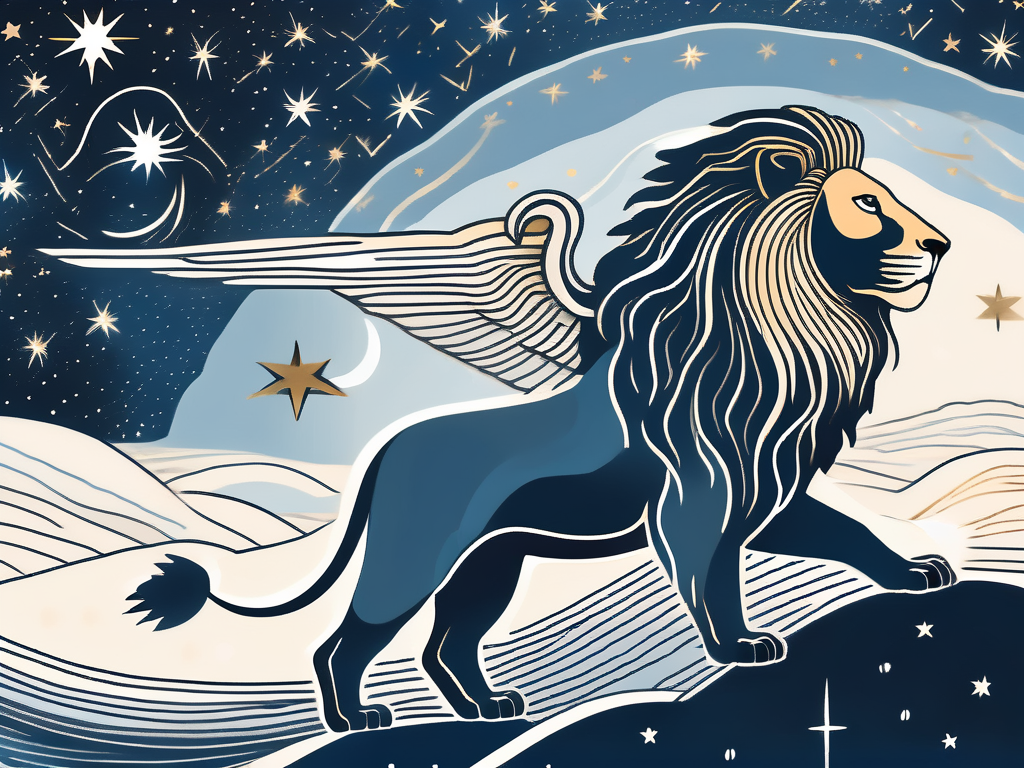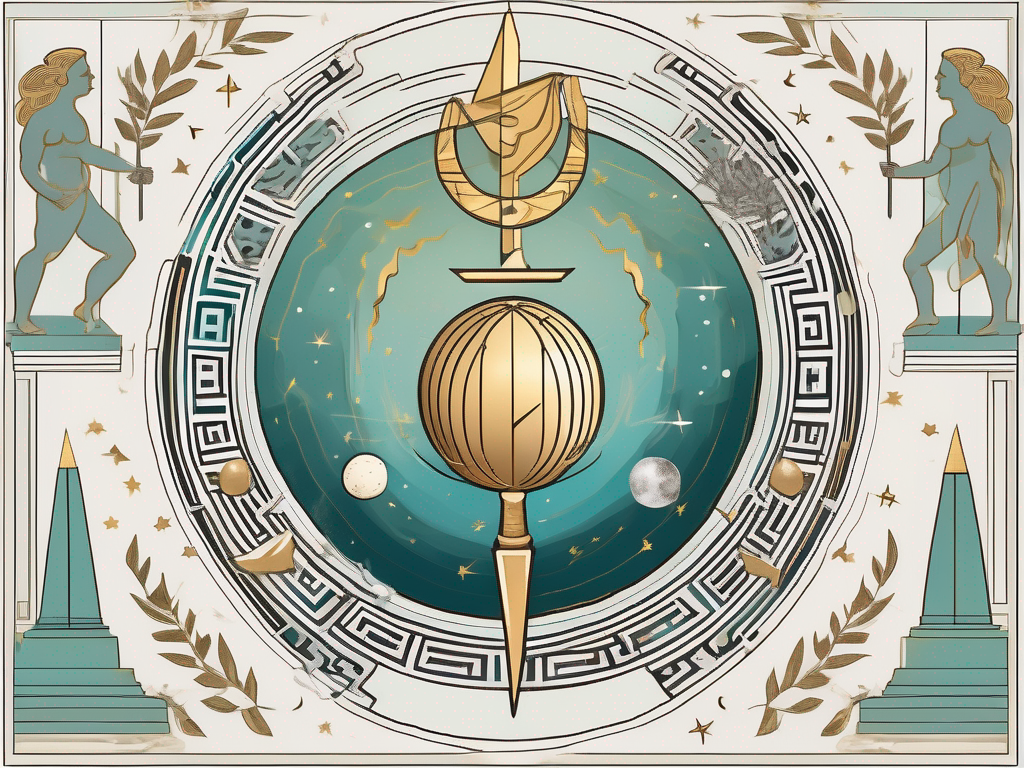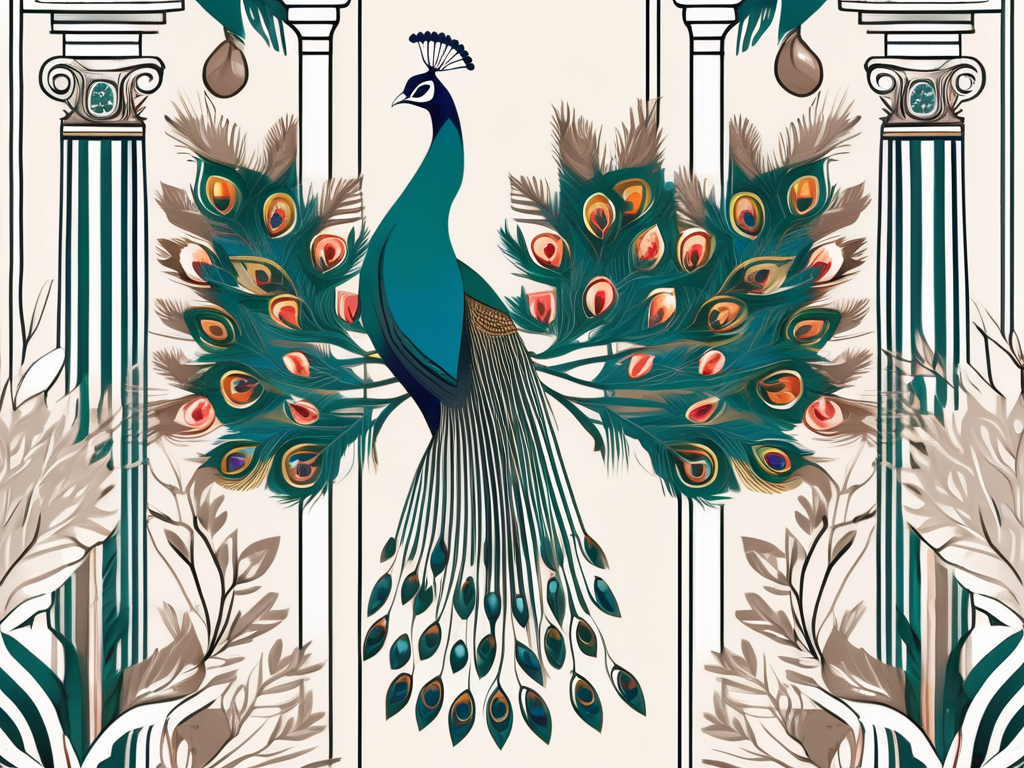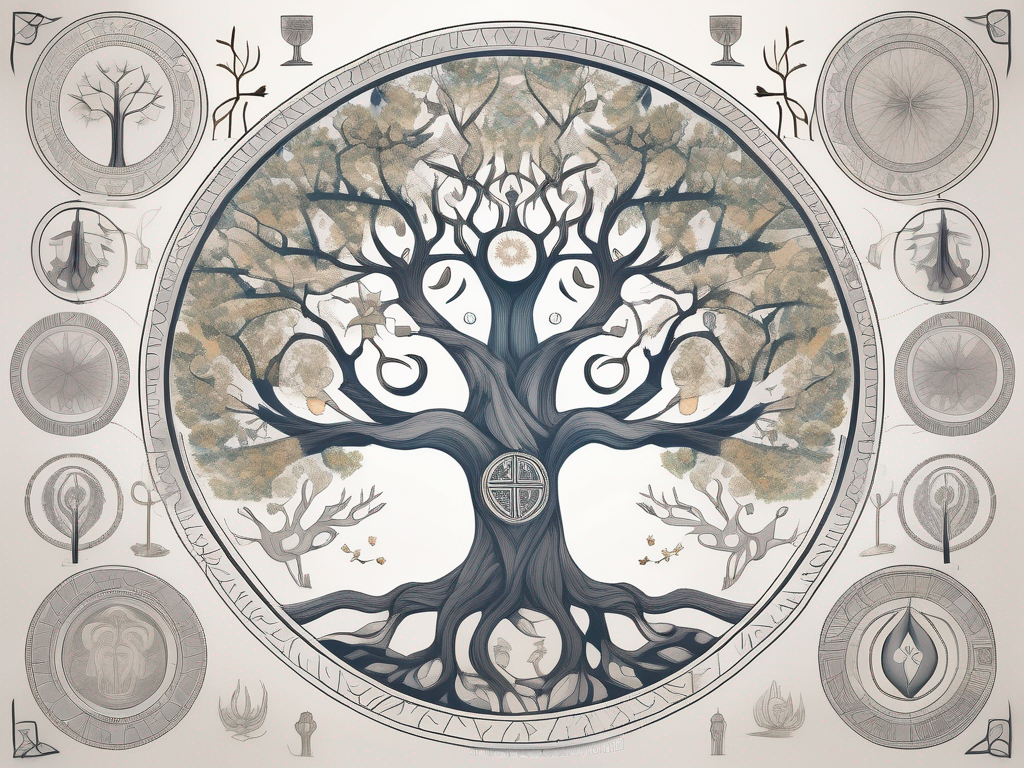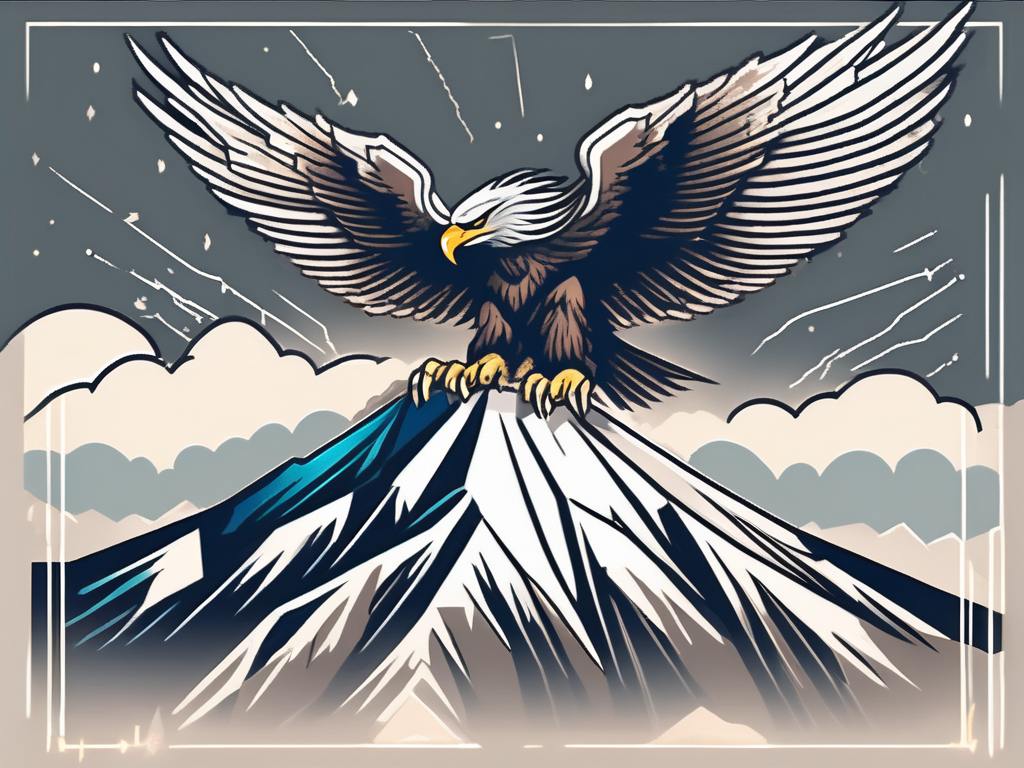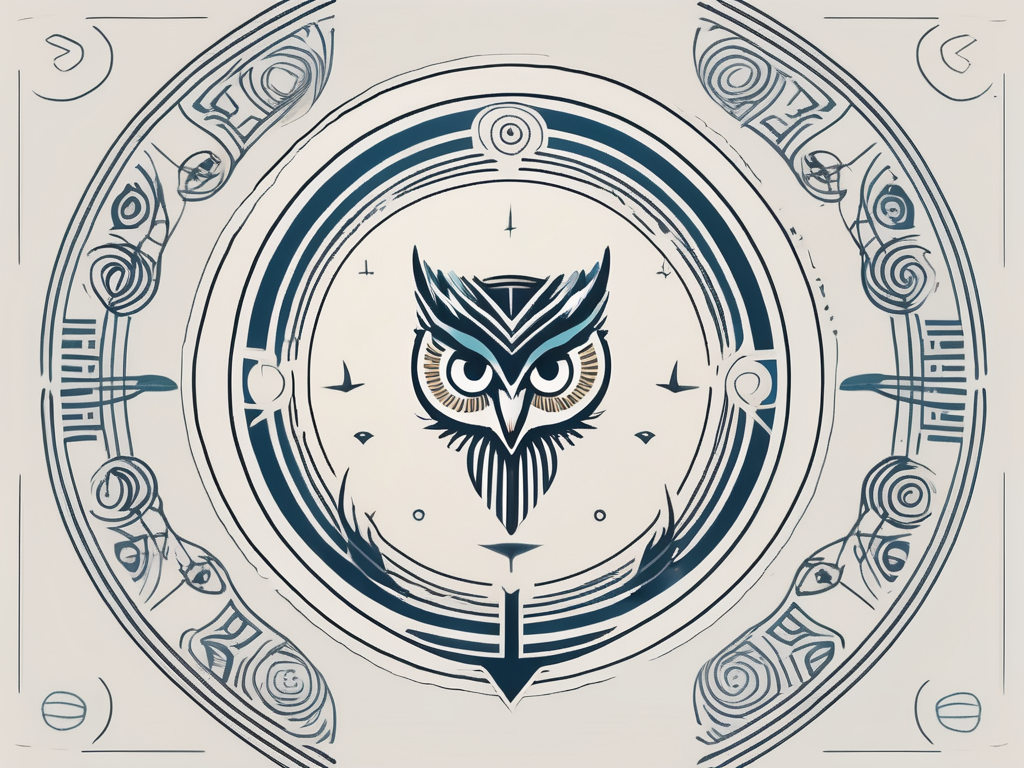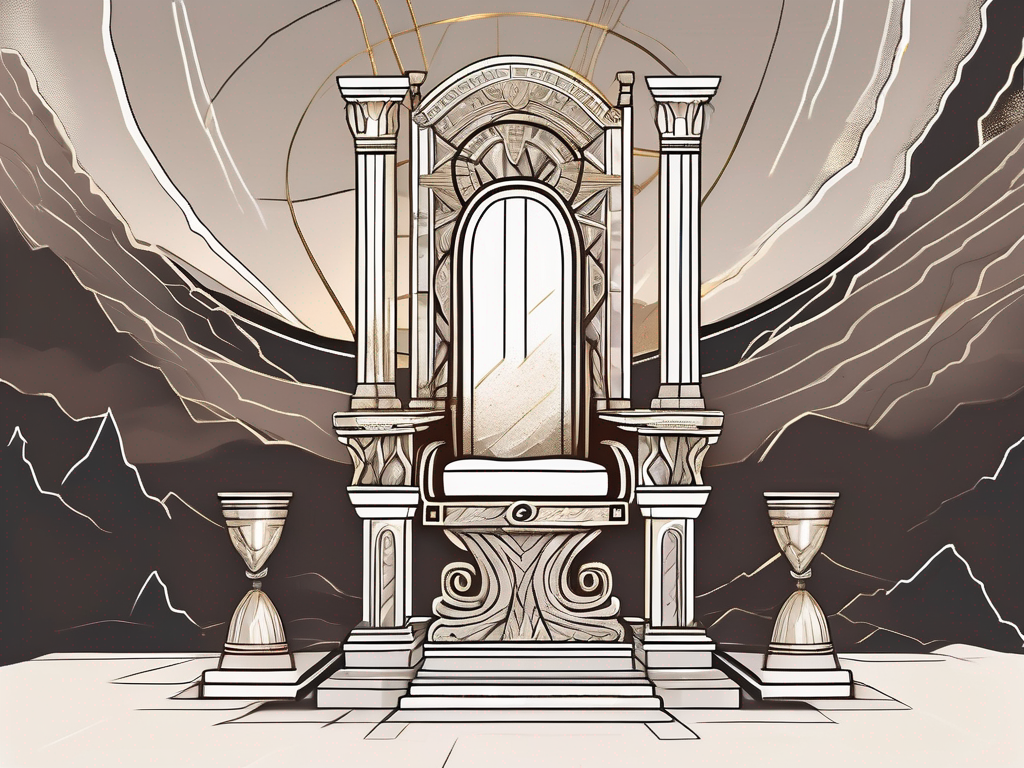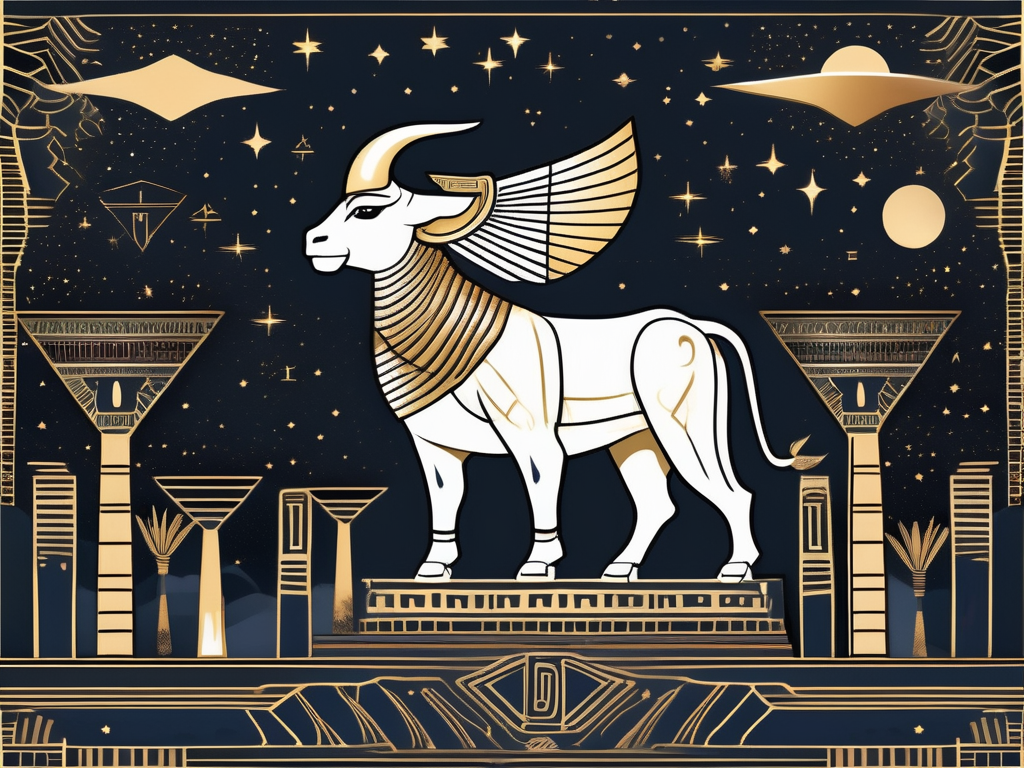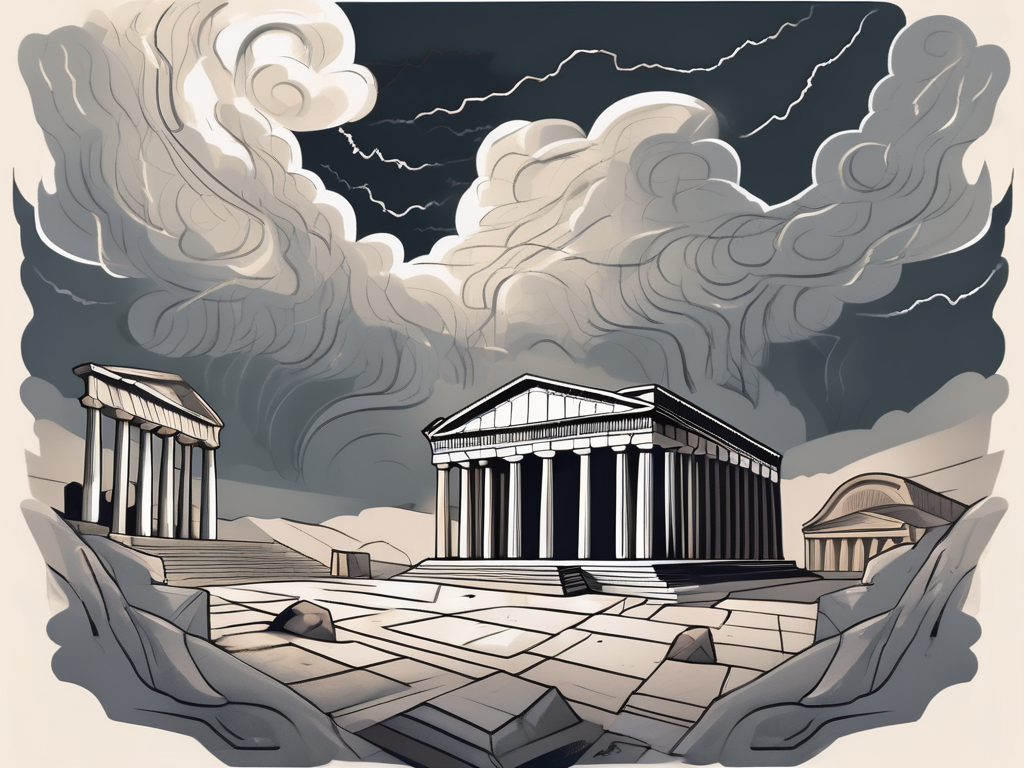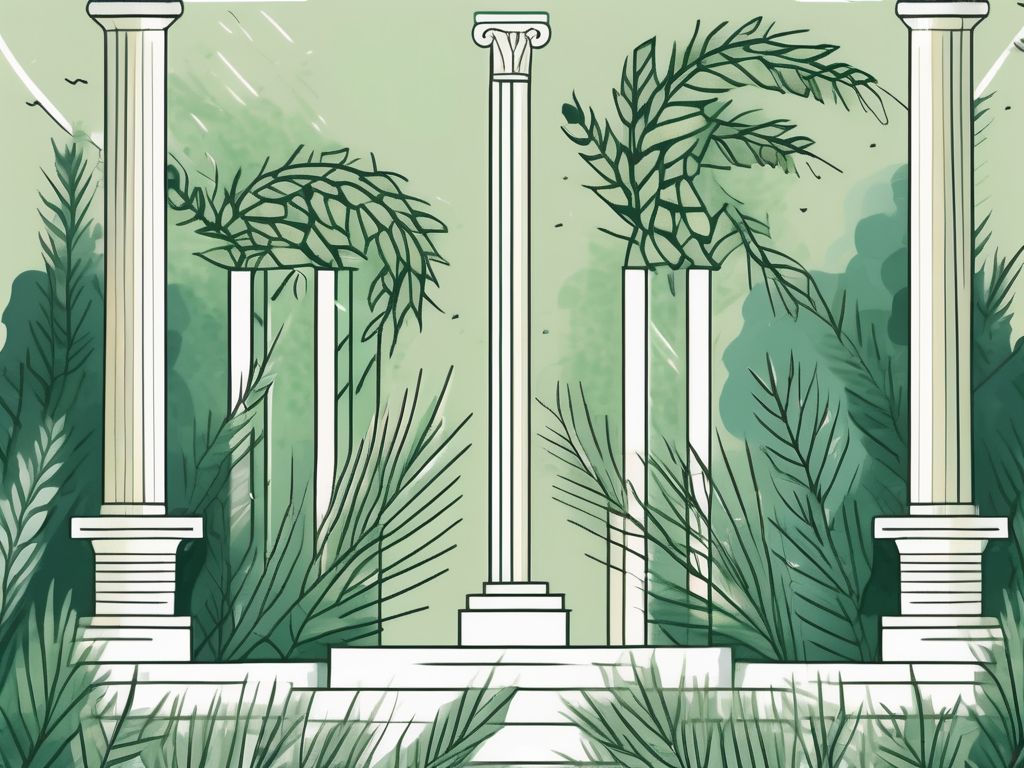In Greek mythology, Rhea is a fascinating and powerful goddess whose story is often overlooked in favor of her more well-known children, such as Zeus and Hera. However, Rhea’s role in the pantheon of Greek gods is crucial, and her symbolism is deeply rooted in ancient Greek culture. Let’s dive into the mythology and symbolism associated with Rhea and uncover the mysteries surrounding this enigmatic deity.
Understanding Rhea’s Role in Greek Mythology
Rhea’s family and origins are a key aspect of her mythology. She is the daughter of Uranus (the sky) and Gaea (the earth), making her one of the Titans. Rhea’s siblings include powerful beings like Cronus, Oceanus, and Hyperion. As a Titaness, Rhea holds immense power and influence within the ancient Greek pantheon.
But let’s delve deeper into Rhea’s family and origins. Uranus, Rhea’s father, was one of the primordial deities, representing the sky. Gaea, her mother, was the personification of the earth. Their union brought forth the Titans, a race of powerful and immortal beings who ruled during the Golden Age.
Rhea’s lineage is impressive, to say the least. Her siblings include Cronus, the ruler of the Titans, who would later become her husband. Oceanus, the personification of the world-ocean, and Hyperion, the titan of light, are also among her brothers. These siblings, along with the other Titans, formed a formidable pantheon of gods and goddesses.
Rhea’s Family and Origins
As previously mentioned, Rhea is the daughter of Uranus and Gaea. In addition to her numerous siblings, Rhea is most well-known as the wife and sister of Cronus, another Titan. Together, Rhea and Cronus are the parents of the Olympian gods, including Zeus, Hera, Poseidon, Hades, Demeter, and Hestia. Rhea’s family connections make her an integral part of Greek mythology.
The relationship between Rhea and Cronus is both fascinating and complex. In Greek mythology, it was not uncommon for gods and goddesses to marry their siblings. This practice was believed to maintain the divine bloodline and preserve the power of the gods. Rhea and Cronus’ union exemplifies this tradition and highlights the intricate dynamics within the pantheon.
Rhea’s role as a mother is of utmost importance in Greek mythology. She is revered as the mother of the Olympian gods, who would go on to overthrow the Titans and establish their reign on Mount Olympus. Rhea’s maternal instincts and protective nature ensured the survival and prosperity of her divine offspring.
Rhea’s Role in the Pantheon of Greek Gods
Rhea’s significance lies in her role as the mother of the Olympian gods. In Greek mythology, she plays a vital part in the cosmic order. Rhea possesses the power of fertility and motherhood, ensuring the perpetuation of the divine lineage. Her ability to birth and protect the gods ensures their survival and dominance over the Titans.
Furthermore, Rhea’s influence extends beyond her role as a mother. She is often associated with the earth and its abundance. As the daughter of Gaea, Rhea embodies the nurturing and life-giving aspects of the natural world. Her connection to the earth symbolizes the cyclical nature of life, death, and rebirth.
Rhea’s presence in the pantheon also highlights the importance of female deities in Greek mythology. While the male gods often take center stage, Rhea’s role as a powerful Titaness and mother of the Olympians demonstrates the significant contributions of goddesses in shaping the ancient Greek world.
Rhea and the Titans: A Tale of Power and Betrayal
Rhea’s story is intertwined with a tale of power and betrayal. According to ancient Greek myths, Rhea’s husband, Cronus, feared that one of their children would overthrow him, just as he had overthrown his own father, Uranus. To prevent this from happening, Cronus swallowed each of their children immediately after birth.
However, Rhea plotted to save her youngest son, Zeus, from a similar fate. When Zeus was born, Rhea hid him away and gave Cronus a stone wrapped in swaddling clothes to swallow instead. This act of deception enabled Zeus to grow into a mighty god and eventually overthrow Cronus, fulfilling the prophecy.
Rhea’s cunning and determination allowed her children to escape their father’s tyranny and take their rightful places as the rulers of Olympus. Her actions not only ensured the downfall of the Titans but also paved the way for a new era dominated by the Olympian gods.
In conclusion, Rhea’s family and origins, her role as the mother of the Olympian gods, and her involvement in the downfall of the Titans all contribute to her significance in Greek mythology. Her story is one of power, betrayal, and the triumph of the divine. Rhea’s influence continues to resonate throughout ancient Greek literature and serves as a testament to the enduring power of maternal love and determination.
The Symbolism Attached to Goddess Rhea
Rhea’s symbolism is deeply rooted in her roles as the mother of gods and the connection she holds with nature and fertility. These symbols reveal the importance of motherhood and the natural world in ancient Greek culture.
As the mother of the Olympian gods, Rhea’s primary symbol is her role as the creator and nurturer of divine beings. This symbolizes the power of creation and the importance of motherhood in the ancient Greek worldview. Just as a mother guides and nurtures her children, Rhea guides and nurtures the gods who shape the world.
But Rhea’s symbolism goes beyond her role as a mother. She is also deeply connected to nature and fertility, making her an essential figure in ancient Greek agricultural practices. In ancient Greece, the earth was seen as a divine mother figure, and Rhea embodied this concept. She was believed to have the power to bring forth life, abundance, and growth. The agricultural cycles and the well-being of the land were intrinsically tied to Rhea’s influence, making her a revered goddess for fertility and the harvest.
Interestingly, Rhea is often associated with the symbol of the lion. Lions were seen as majestic and powerful creatures, representing strength and authority. Rhea’s connection with the lion reflects her own power and dominion over the divine realm. She is often depicted accompanied by a lion, emphasizing her status as a formidable goddess.
In addition to her association with the lion, Rhea is also often depicted with other symbols that further enhance her symbolism. One such symbol is the cornucopia, also known as the “horn of plenty.” This symbolizes abundance and prosperity, further emphasizing Rhea’s role as a goddess of fertility and growth.
Another symbol often associated with Rhea is the dove. Doves were seen as symbols of love, peace, and purity in ancient Greece. Rhea’s connection with the dove highlights her nurturing and peaceful nature, as well as her role in maintaining harmony and balance in the divine realm.
It is important to note that Rhea’s symbolism and significance extend beyond her individual attributes. She represents the ideals of motherhood, fertility, and the natural world, which were highly valued in ancient Greek society. Through her symbolism, Rhea reminds us of the importance of nurturing, creation, and the interconnectedness of all living beings.
Rhea’s Influence on Greek Culture and Society
Rhea’s impact on ancient Greek religious practices, literature, art, and even modern interpretations cannot be overstated. Her influence is evident in various aspects of Greek culture, underscoring the significance of her mythical persona.
Rhea’s Impact on Ancient Greek Religious Practices
Ancient Greek religious practices often involved rituals and offerings dedicated to Rhea. She was honored as the mother of the gods and played a vital role in ensuring the well-being of individuals and the community as a whole. Worshipers sought her blessings for fertility, protection, and the overall harmony of their lives.
Rhea in Greek Literature and Art
Rhea’s presence in Greek literature cannot be overlooked. She appears in numerous mythological tales, often as a wise and cunning figure who outsmarts those who seek to oppress her children. In art, she is often depicted as a regal figure, adorned with the symbols of her power and surrounded by the beauty of nature.
The Modern Interpretation of Rhea’s Mythology
Even in modern times, Rhea’s mythology continues to captivate and inspire. Contemporary artists, writers, and scholars explore new interpretations of her story, bringing her relevance to the forefront once again. Rhea’s themes of strength, motherhood, and the cycles of nature resonate with audiences seeking connections to their own lives and the world around them.
The Worship and Rituals Associated with Rhea
Rhea’s divine status led to the establishment of various worship practices and rituals dedicated to honoring her. These ancient traditions allowed individuals to express their devotion and seek her favor.
Ancient Temples and Shrines Dedicated to Rhea
Throughout ancient Greece, temples and shrines were built in Rhea’s honor. These sacred spaces served as gathering places for worshipers, where rituals and ceremonies were performed to pay homage to the goddess. They provided a physical representation of the connection between mortals and the divine.
Festivals and Celebrations in Honor of Rhea
Various festivals and celebrations were held to honor Rhea, particularly during seasonal changes and significant agricultural events. These events ranged from smaller, private gatherings to large public festivals. The rituals performed during these celebrations aimed to please Rhea, ensuring fertility, bountiful harvests, and protection for the community.
Rhea’s Role in Greek Mythological Ceremonies
Rhea’s influence extended to Greek mythological ceremonies, where her symbolic presence played a central part. These ceremonies involved reenactments of mythological stories and rituals designed to invoke the power and blessings of the gods. Rhea’s portrayal in these ceremonies underscored her importance in the greater context of Greek mythology.
In conclusion, exploring the mythology and symbolism surrounding the Greek goddess Rhea reveals a complex figure deeply ingrained in ancient Greek culture. Her role as the mother of the gods, her connection with nature and fertility, and her influence on Greek society through worship and rituals all contribute to her enduring legacy. Despite often standing in the shadow of her more prominent family members, Rhea’s story and symbolism remain a captivating and vital part of Greek mythology and cultural heritage.
